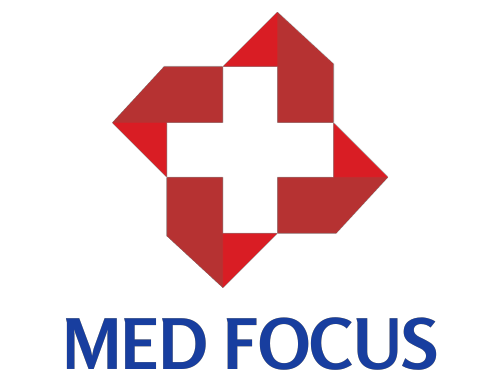Introduction
The landscape of healthcare is undergoing a remarkable transformation, fueled by rapid technological advancements. These innovations are reshaping the way medical professionals deliver care, diagnose diseases, and interact with patients. In this blog post, we will explore how technology is revolutionizing medicine and discuss key trends that are shaping the future of healthcare.

- Telemedicine and Remote Monitoring
One of the most impactful changes brought about by technology is the rise of telemedicine and remote monitoring. Through telemedicine, patients can now consult healthcare providers through virtual appointments, saving time and resources. This approach is especially useful for follow-up appointments, minor health concerns, and managing chronic conditions. Moreover, wearable devices equipped with sensors enable continuous health monitoring, allowing early detection of potential health issues.

- Artificial Intelligence (AI) and Machine Learning
Artificial Intelligence and Machine Learning are making waves in healthcare. These technologies are capable of analyzing vast amounts of medical data with exceptional speed and accuracy. They assist medical professionals in diagnosing diseases, predicting patient outcomes, and personalizing treatment plans. For instance, AI algorithms can examine medical images like X-rays and MRIs, aiding radiologists in identifying anomalies that might be missed by the human eye.
- Genomics and Precision Medicine
Advances in genomics have paved the way for precision medicine, an approach that tailors treatments to an individual's genetic makeup. Genomic information can help predict susceptibility to certain diseases and provide insights into the effectiveness of specific treatments. This personalized approach holds great potential for improving patient outcomes and reducing adverse reactions to medications.

- Robotics and Minimally Invasive Surgery
Robotics have transformed the field of surgery, enabling greater precision and control in procedures. Surgeons can perform complex surgeries using robotic systems, leading to faster recovery times and minimized risks for patients. Minimally invasive techniques made possible by robotics result in smaller incisions, reduced pain, and shorter hospital stays.
- Virtual Reality (VR) and Augmented Reality (AR)
Virtual and augmented reality technologies are finding applications in medical training, patient education, and even therapy. Medical students can simulate surgeries in virtual environments, allowing for extensive practice before operating on real patients. Patients can also benefit from immersive experiences that help them understand their conditions and treatment options more clearly.

Conclusion
The future of healthcare is intertwined with technology in unprecedented ways. Telemedicine, AI, genomics, robotics, and virtual reality are just a few examples of the groundbreaking innovations driving this transformation. However, as we embrace these changes, it's important to address ethical, regulatory, and privacy concerns that arise. Balancing innovation with patient safety and data security will be crucial as we continue to shape the healthcare landscape of tomorrow. Through these advancements, we are not only improving medical practices but also enhancing the overall quality of patient care. As aspiring healthcare professionals, it's essential to stay informed about these trends and be prepared to adapt to the evolving healthcare environment.

Kindly visit themedfocus.com for additional advice and recommendations about attending medical school. If you're seeking a trustworthy internet source, please check out the whole medical school package at the URL below.
https://themedfocus.com/products/the-complete-med-school-bundle
